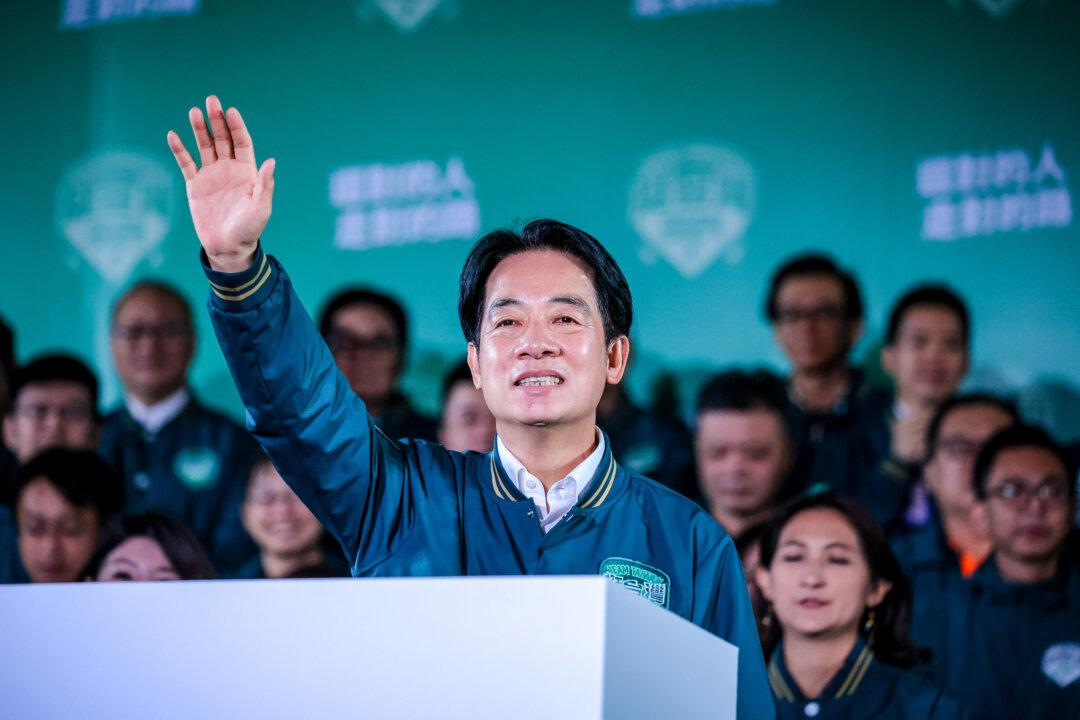While Taiwan’s presidential election has reinforced the self-ruled island’s democratic politics, it has also raised anticipation of a strong response from China. In the dynamic geopolitical context of the Indo-Pacific, experts say the United States will hold a greater strategic relevance. Its active leadership in the region will be vital to deterring China post-election.
President-elect Lai Ching-te now awaits his May inauguration. The next three months is a crucial period, Cleo Paskal, a non-resident senior fellow with the Washington-based Foundation for Defense of Democracies, told The Epoch Times.





